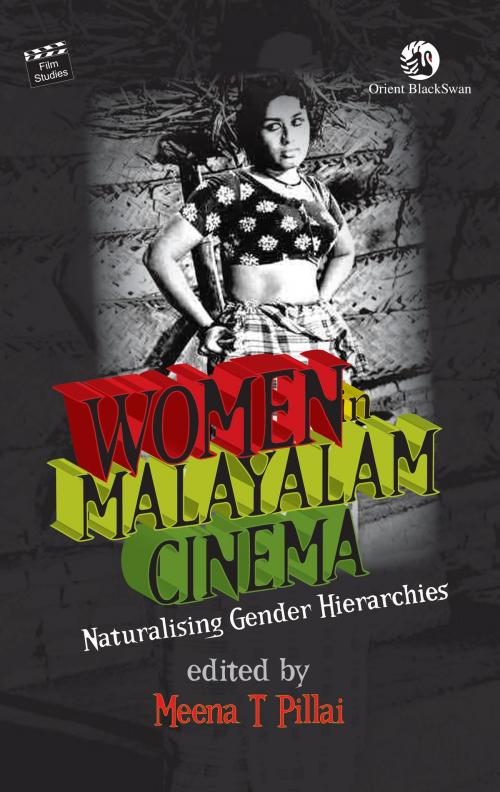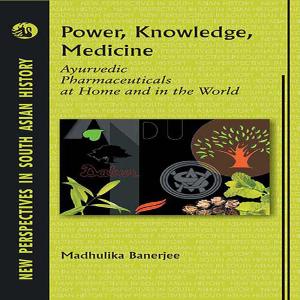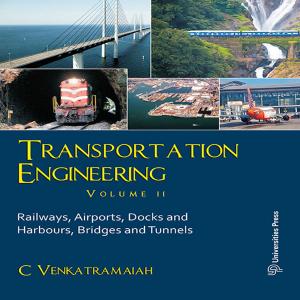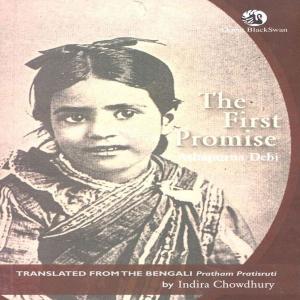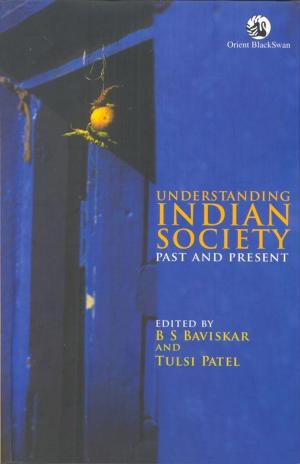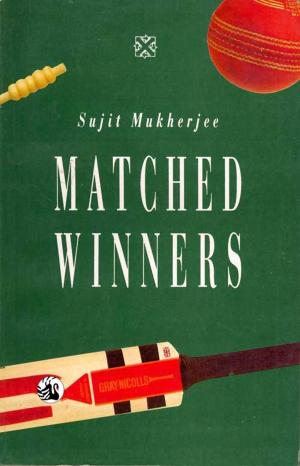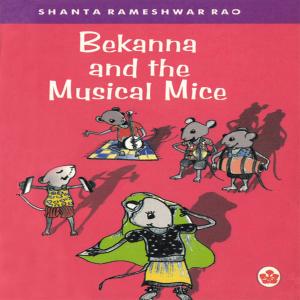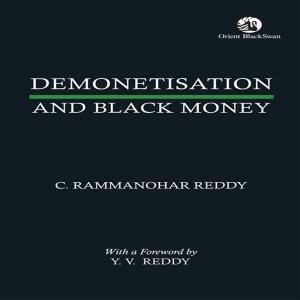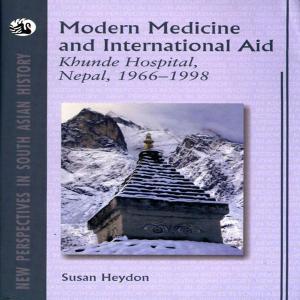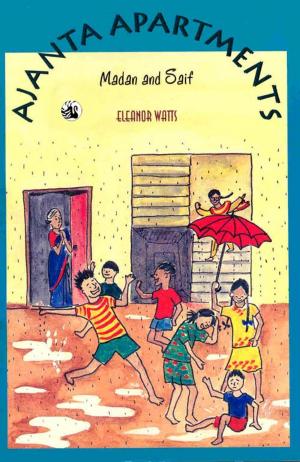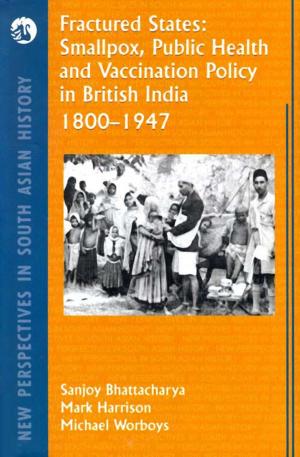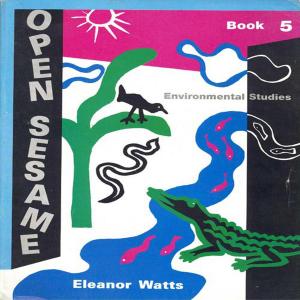Women in Malayalam Cinema
Naturalising Gender Hierarchies
Nonfiction, Entertainment, Film, Reference, Performing Arts| Author: | Meena T. Pillai | ISBN: | 9788125058526 |
| Publisher: | Orient Blackswan Private Limited | Publication: | April 15, 2015 |
| Imprint: | Language: | English |
| Author: | Meena T. Pillai |
| ISBN: | 9788125058526 |
| Publisher: | Orient Blackswan Private Limited |
| Publication: | April 15, 2015 |
| Imprint: | |
| Language: | English |
"Drawing on contemporary critical theories and academic debates, Women in Malayalam Cinema: Naturalising Gender Hierarchies analyses Malayalam cinema and the question of women from different perspectives. In its focus on woman-cinema interface, as depicted in a century of Malayalam cinema, this book addresses a wide range of themes crucial for a nuanced understanding of Malayalam film culture—gender stereotyping, marriage and family, the aftermaths of matriliny, caste and gender relations, hegemonic patriarchy, female friendships and soft porn.These diverse concerns are held together by a key focal point: the paradox of regressive modernisation in Kerala’s cultural politics. While the widely discussed and extolled ‘Kerala Model’ has yielded much grist to the statistical mills of Left-liberal developmental sociologists, questions concerning more precise connections between the impressive developmental indices and the cultural politics that shape the lives and subjectivities of women within this ‘model state’ have remained relatively unexplored. Deconstructing patriarchal dominance in Malayalam cinema, mainstream and avant garde, this collection elucidates how films offer stereotypical images of women conforming to subordination. Be it Vigathakumaran (1928), or Sthree (1950), or a more recent one Achanarangathaveedu (2005)—there is a constant failure across films to look beyond the portrayal of woman as someone ‘who loves to cook and clean, wash and scrub, shine and polish for her man’.This volume, a first of its kind on Malayalam cinema, has diverse contributions from litterateurs, film critics and screenwriters, and will be of interest to scholars of film, media and gender studies. "
"Drawing on contemporary critical theories and academic debates, Women in Malayalam Cinema: Naturalising Gender Hierarchies analyses Malayalam cinema and the question of women from different perspectives. In its focus on woman-cinema interface, as depicted in a century of Malayalam cinema, this book addresses a wide range of themes crucial for a nuanced understanding of Malayalam film culture—gender stereotyping, marriage and family, the aftermaths of matriliny, caste and gender relations, hegemonic patriarchy, female friendships and soft porn.These diverse concerns are held together by a key focal point: the paradox of regressive modernisation in Kerala’s cultural politics. While the widely discussed and extolled ‘Kerala Model’ has yielded much grist to the statistical mills of Left-liberal developmental sociologists, questions concerning more precise connections between the impressive developmental indices and the cultural politics that shape the lives and subjectivities of women within this ‘model state’ have remained relatively unexplored. Deconstructing patriarchal dominance in Malayalam cinema, mainstream and avant garde, this collection elucidates how films offer stereotypical images of women conforming to subordination. Be it Vigathakumaran (1928), or Sthree (1950), or a more recent one Achanarangathaveedu (2005)—there is a constant failure across films to look beyond the portrayal of woman as someone ‘who loves to cook and clean, wash and scrub, shine and polish for her man’.This volume, a first of its kind on Malayalam cinema, has diverse contributions from litterateurs, film critics and screenwriters, and will be of interest to scholars of film, media and gender studies. "
